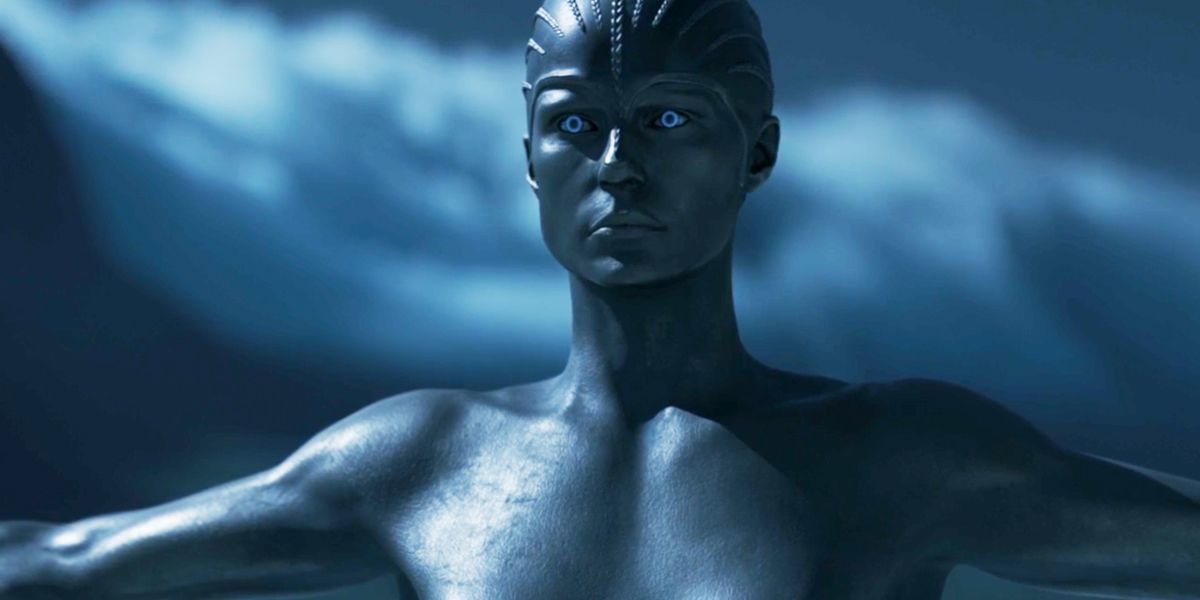


The film explores generational trauma through the lens of absurdism, or the belief that life’s absurdity should be treated as a source of comfort or amusement rather than a source of existential pain.Įvelyn’s father disowned her when she decided to move to the United States with Waymond to start a laundromat together. Over the course of the two-and-a-half-hour run time, Evelyn realizes how her painful relationship with her father has damaged her marriage and her parenting, and discovers that mending her relationships in her own universe will spread positivity to the surrounding universes. Yet, at its core, “Everything Everywhere All at Once” is about family. From there, the movie proceeds with wacky absurdist humor, complicated conceptualizations of quantum physics and riveting kung fu fight sequences that pay homage to Yeoh’s long history of starring in kung fu films.


Meanwhile, Evelyn’s husband Waymond (Ke Huy Quan) repeatedly tries to serve her divorce papers, but she is too preoccupied to notice.Įvelyn’s day gets even more chaotic when, while inside the IRS building, Waymond is replaced by a version of himself from another universe, who informs her that her safety is at risk because an evil force called Jobu Tupaki, a version of Joy, is traveling from universe to universe in search of the most powerful version of Evelyn. Her daughter Joy (Stephanie Hsu) wants to introduce her grandfather to her girlfriend Becky (Tallie Medel), but Evelyn fears her father is too traditional and dismisses Joy’s request. Evelyn attempts to simultaneously prepare for a meeting with a tax auditor at the IRS and plan a Chinese New Year celebration to please her father (James Hong), who has just arrived from China. The film opens on a chaotic day in the life of Evelyn Wang (Michelle Yeoh), the owner of a struggling laundromat. With so many diverse elements, Daniel Kwan and Daniel Scheinert’s genre-defying masterpiece “Everything Everywhere All at Once” undoubtedly delivers on its titular promise.


 0 kommentar(er)
0 kommentar(er)
